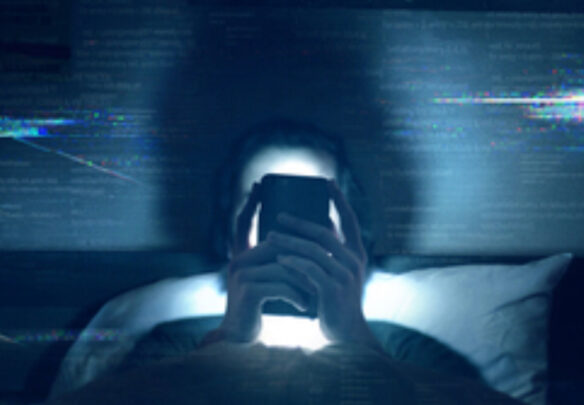
This past month my family endured something of an emergency. My autistic daughter had decided to send inappropriate video links to various family members. In response, my husband decided that my daughter would have to give up her phone for 4 days.
Now, my daughter already suffers from a lack of understanding of the universe, due to her autism. Plus she has Graves Disease, which at times makes her highly emotional, irrational, and paranoid. For example, my daughter will start screaming at us that we are not her real parents, that we kidnapped her a birth. When I remind her (often calmly) that I know she is my child because I was there when she entered mortality, she will wail, “Are you sure?!?!?!?! How do you know!?!?!?!”
For the first two days of phone restrictions, my daughter was rabidly angry and paranoid. Which prompted numerous efforts to correct the errors in her thinking. By the weekend, the oppositional paranoia increased to fever pitch, then gave way to waves of non-specific anxiety. By the last day of the phone restrictions, my daughter was in a constant state of panic: weeping, hyperventilating, afraid my husband was going to die.
Then she got the phone back, and it was like she’d received a calming drug. Now she’s back to only frequent paranoid behavior.
It was in light of this recent experience that I watched /the social dilemma, a documentary mixed with drama that rings a warning bell (if rather faint) regarding how social media companies benefit from algorithms that maximize our screen time, no matter what the consequence.
And the consequences are suicidal dysmorphia, curated private realities, and murderous extremism. Like the Spanish Influenza, it isn’t that everyone suffers the worst outcome. But enough suffer that extreme community measures may be warranted.
Add to the social media problem the basic problem with devices that seek our attention. Back in the BlackBerry days, it was known that such devices created addiction, training us like Pavlov’s dogs to respond to their every buzz and ding.
Then mix in the fact that humans are drawn to negativity. In the hunter-gatherer days, such a focus led our ancestors to be the first to flee a threat. It wasn’t as important to outrun the threat, so long as someone else delayed the threat by getting chomped first. But now it means we seek the negative. In the US, where media is all about giving people “what they want,” rather than what is true, negative news is more prominent, as noticed in a recent study by Bruce Sacerdote of Dartmouth College.
Life has never been “easy,” but the mindless, profit-seeking algorithms of our technology are adding an additional layer of paranoia and fear.
Ironically, the film comes from before the events of January 6, 2021. The film therefore doesn’t consider what happens when the mainstream social media companies do attempt to clamp down on extreme weirdness, only to have masses of extreme users flee to even less acceptable variants of social media.
Steps I have taken include:
- Set limits on devices so they time out during times when I or mine shouldn’t be on the devices.
- Turn off notifications – make checking feed as optional as reading the newspaper.
- Delay children getting on social media until they are old enough to date (actually, that was my kids refusing to accept cell phones or social media accounts until they were older. Good kids.)
May you and yours be able to enjoy the benefits of social media without getting sucked into the dangerous undertow that hurts far too many.